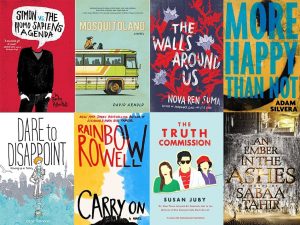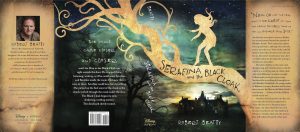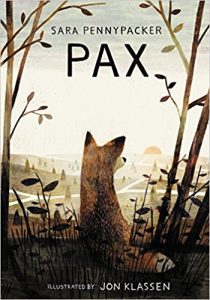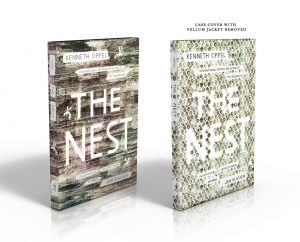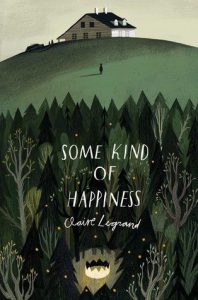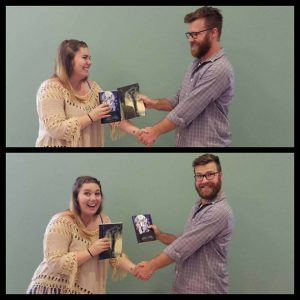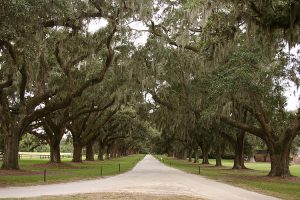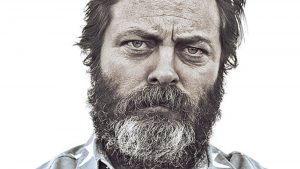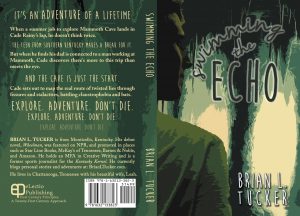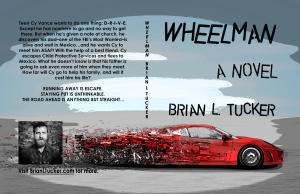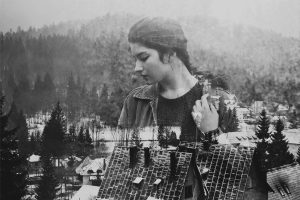
Questions
What literary pilgrimages have you gone on?
- In 3 years I’ve seen 3 distinct stories. I’m never sure where the next one will go. Young adult tone has remained from Wheelman (2016) to Swimming the Echo (2017).
What is the first book that made you cry?
- Honestly. A Walk to Remember. Please don’t tell anyone. I read it one evening and woke up sick as a dog. I mean, how sad is that.
What is the most unethical practice in the publishing industry?
- I wouldn’t say practice. I don’t want to get into that. But, nepotism probably.
Does writing energize or exhaust you?
- New ideas energize me. But, the editing makes me want to stay away from new projects altogether.
What are common traps for aspiring writers?
- Thinking the MFA (like any degree) is instant success. It prepares you. But, that is the starting point.
Does a big ego help or hurt writers?
- Unless you’re John Cheever, a big ego should be left alone.
What is your writing Kryptonite?
Have you ever gotten reader’s block?
- Sometimes. Reading a string of 3 or 4 great (or awful) works will make me hit the pause button on reading.
Did you ever consider writing under a pseudonym?
- With a common name like mine, I thought about Jumping Jack Flash a few times.
Do you try more to be original or to deliver to readers what they want?
- Melville said originality was everything (my paraphrase). I think a mighty theme is the way we should all try to write.
Do you think someone could be a writer if they don’t feel emotions strongly?
- Not a satisfied one. Writers who try to sell are never digging as deep as the blood pouring from a poet’s arm.
What other authors are you friends with, and how do they help you become a better writer?
- The Bluegrass Writers Studio at EKU was where I learned to share the load. It’s a community. It works best that way.
Do you want each book to stand on its own, or are you trying to build a body of work with connections between each book?
- I’d like for them to. Seton, Kentucky is a nice slice of home for me, but I like travel stories and taking that adventure with each set of characters each time.
If you could tell your younger writing self anything, what would it be?
- Write outside with a cold drink while overlooking the water. Forget that coffeehouse business.
How did publishing your first book change your process of writing?
- Story collections hardly ever sell. I learned to publish first. Ask questions second.
What was the best money you ever spent as a writer?
- Buying a Macbook to do more writing for the next next and next works.
What authors did you dislike at first but grew into?
- I really don’t have any that come to mind.
What did you do with your first advance?
- If I wrote non-fiction and this happened (an advance), I’d buy a bunch of obscure candy bars and share them with people. Cracker Barrel has a bunch of stuff like Zero bars, Zagnut bars, and Goo Goo Clusters. It’d be fun to do that and watch peoples’ expressions.
What was an early experience where you learned that language had power?
- My third grade teacher, Mrs. Carolyn Harris let us type stories. She sent mine to me just last year. I remember that experience favorably.
What are the most important magazines for writers to subscribe to?
- Poets & Writers and Newpages.com are good ones
What’s your favorite under-appreciated novel?
- The Dollmaker. How that one isn’t required reading is beyond me.
How do you balance making demands on the reader with taking care of the reader?
- Show don’t tell. Everyone benefits from stories like that.
As a writer, what would you choose as your mascot/avatar/spirit animal?
How many unpublished and half-finished books do you have?
What does literary success look like to you?
- Thanking God for the chance to do it again tomorrow. Not being a weirdo.
What’s the best way to market your books?
What kind of research do you do, and how long do you spend researching before beginning a book?
- Research isn’t my thing, but I learn a lot when I give topics the attention they deserve. For example, I learned that the Dark Star cave beneath Uzbekistan might be the world’s deepest cave (after doing research for Swimming the Echo).
Do you view writing as a kind of spiritual practice?
- It can be. Especially if the topic is one of passion and love.
What’s the most difficult thing about writing characters from the opposite sex?
- Getting inside their head and staying put for months on end.
How many hours a day do you write?
- <1. I’m a slow writer. I often don’t write unless the premise is there. Then, I just go with it.
What did you edit out of this book?
- Swimming the Echo saw some large cuts. Getting the story focused on the cave systems in Mammoth. And it still took almost half the novel to get the characters all settled there.
Have you read anything that made you think differently about fiction?
- Anything by Gabriel Garcia Marquez. Magical surrealistic fiction is astounding.
What are the ethics of writing about historical figures?
- Don’t slander them. Don’t let them take over. They work best for me as tertiary influences like Lincoln in Doctorow’s Ragtime.
How do you select the names of your characters?
- Not sure. I like names that roll off the tongue. Monk McHorning in The Natural Man is one of my favorites.
If you didn’t write, what would you do for work?
Do you read your book reviews? How do you deal with bad or good ones?
- As long as their honest, what can I say.
Do you hide any secrets in your books that only a few people will find?
- Sure. Hometown references. Childhood nostalgia is there. Friends have called me on it and said Thanks.
What was your hardest scene to write?
- In Swimming the Echo, it was one of betrayal. That is always one of the hardest.
Do you Google yourself?
What one thing would you give up to become a better writer?
- Nothing. I think each person is on a journey (life-long) when they write.
What is your favorite childhood book?
What is the most difficult part of your artistic process?
- Sitting down in isolation. I’m a space cadet. Being alone in a room, or even outside by myself can be torture.
Does your family support your career as a writer?
- Definitely. And read mushy first, second, and third drafts.
If you had to do something differently as a child or teenager to become a better writer as an adult, what would you do?
- Not listen to so much metal.
How long on average does it take you to write a book?
- If the creative juices are flowing, one month to two.
Do you believe in writer’s block?
- For me – no. I’d call it writer’s laziness. Not wanting to sit in the chair and delve into new ideas is where I reside mostly. Writing makes me feel like a misfit.


